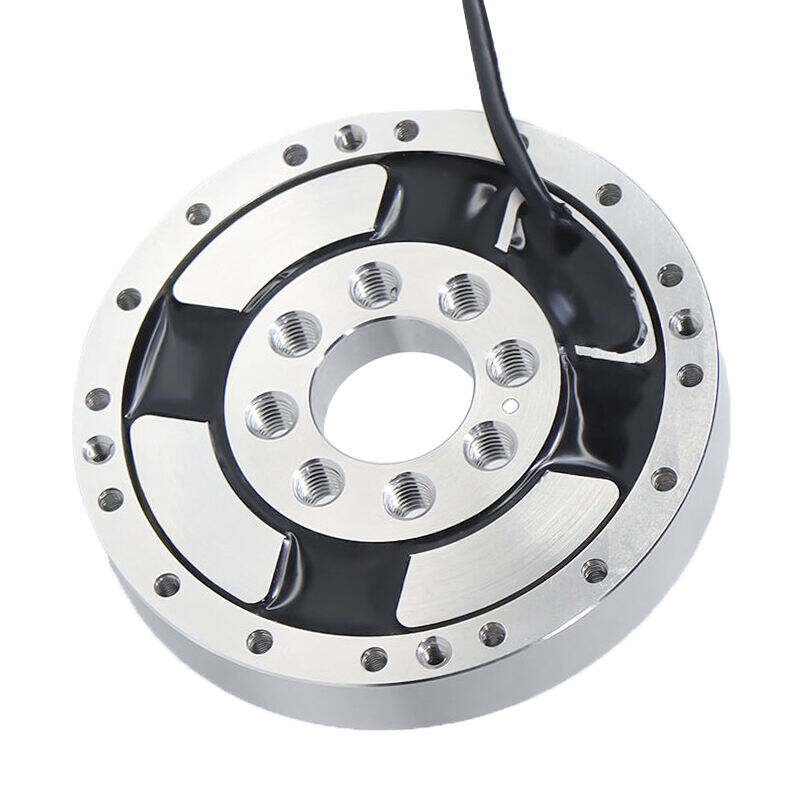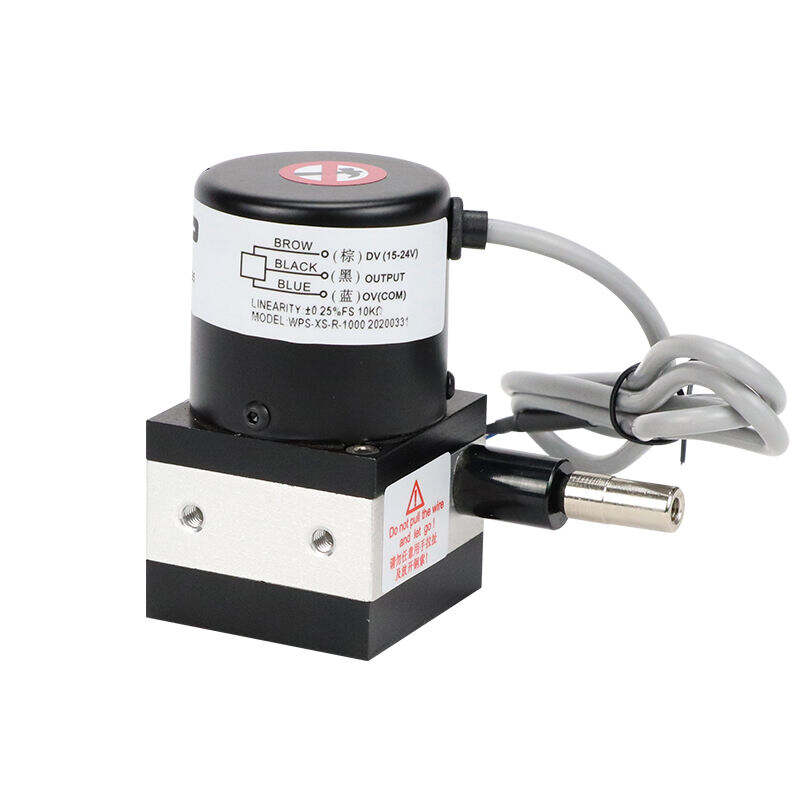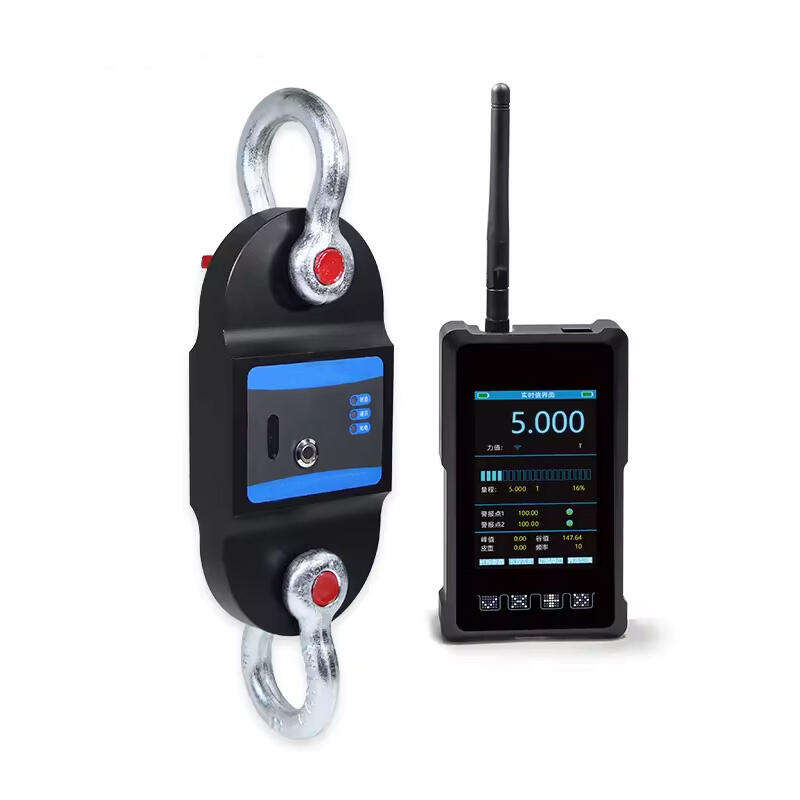Loadcell
A load cell is a critical sensing device that converts mechanical force into measurable electrical signals, serving as the foundation for modern weight measurement systems. This sophisticated transducer operates through precision-engineered strain gauges that detect and measure mechanical deformation under applied force. When pressure or weight is applied, the load cell's internal structure experiences minute physical changes, which the strain gauges transform into electrical signals proportional to the applied force. These signals are then processed and displayed as digital readings. Load cells come in various configurations, including compression, tension, and beam types, each designed for specific applications. They incorporate advanced temperature compensation mechanisms and protective features to ensure accurate measurements across diverse environmental conditions. The technology employs high-quality materials and precise manufacturing processes to maintain measurement accuracy typically within 0.03% to 0.25% of full scale. Modern load cells often include digital interfaces for seamless integration with control systems and data acquisition equipment, enabling real-time monitoring and automated process control. Their applications span across industries, from industrial weighing and material testing to process control and quality assurance systems.


